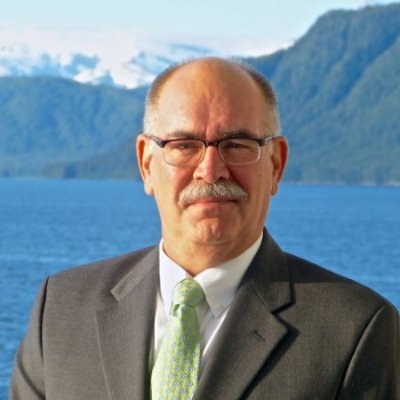
John Talley Takes on Cancer with Euclises Pharmaceuticals
St. Louis' Euclises Pharmaceuticals, co-founded by renowned drug discoverer John Talley, aims to take on colorectal cancer, the third most common type of the disease in the U.S.
In the medical research and discovery industry, no foe is more varied or formidable than cancer. The fight against one of mankind’s deadliest diseases has innumerable fronts, from prevention to detection to treatment.

St. Louis’ Euclises Pharmaceuticals, co-founded by renowned drug discoverer John Talley,
aims to take on colorectal cancer, the third most common type of the disease in the U.S. While the impact of colorectal cancer is immense (Cancer.org estimated the expected death toll to reach nearly 50,000 in 2015), the solution Euclises is researching begins on the tiniest of scales.
“There’s a particular molecular pathway that’s really important to metastatic colorectal stage 4, to the pathophysiology of the disease,” says Talley, who serves as the company’s chief scientific officer.
“If you block this pathway, you can slow down tumor progression and metastasis. There’s a phenomenon called angiogenesis in which the blood vessels grow in to feed the tumor. This molecule is designed to block this phenomenon as well.”
Where It All Began
Talley’s work on this new drug began with the framework of one of his greatest successes, Pfizer’s hugely popular arthritis medication Celebrex. Research on Celebrex led to an understanding of the COX-2 enzyme, which triggers inflammation.
Inhibiting COX-2 can slow and ideally stop the spread of cancer cells, though the dosage size of Celebrex required to effectively do so increased the risk of dangerous side effects. “We think because this molecule is significantly more potent it stands a better chance of being successful in those settings,” Talley says.
“Over the years, there’s been a considerably greater understanding of the role of COX-2 in different disease states, and most particularly, in development and progression of epithelial cancers (cancers of the colon, pancreas and lungs).”
New drug discovery is where Talley built his reputation, one that is reinforced by eight of his co-invented drugs reaching market to the tune of $40 billion in sales annually. Drug discovery and development is an expensive endeavor, but money follows success, making Euclises fundraising rounds a bit easier.
“Because I’ve had the success that I’ve had, there’s a level of credibility that someone who hasn’t had these successes just doesn’t have,” Talley admits.
“But I think some investors think oncology is a really tough area. There’s no doubt about that, but we also think this molecule stands a really good chance of having a real impact on lives.”
From Personal To Professional
That impact is personal for Talley, whose experience with colorectal cancer left a lasting impression that fuels his work.
“It’s a disease that affects quite a lot of people. It killed my dad so I saw first-hand how devastating it is,” he says. “The treatments are fairly draconian. Typically there’s surgery, and then there’s a standard protocol that really hasn’t changed a whole lot in quite a while.”
The new drug would be layered in with existing treatments, aiming to slow the growth of cancer cells in order to extend both the duration and the quality of life.
What’s Next
For Euclises, the discovery stage of research is done. Talley and his team have identified their lead molecule and are doing pre-clinical development; which are the procedures outlined by the FDA to file an investigational new drug application.
The company hopes to begin in human trials at some point next year. That step, while exciting, comes with significant financial hurdles.
“That’s a pretty big step for any company, but particularly a young one like ourselves. The question then becomes, ‘do you have sufficient funds to get things into the clinic with the funds you have at the moment?’” Talley asks.
“It’s going to take a lot of money to get where we want to go.”